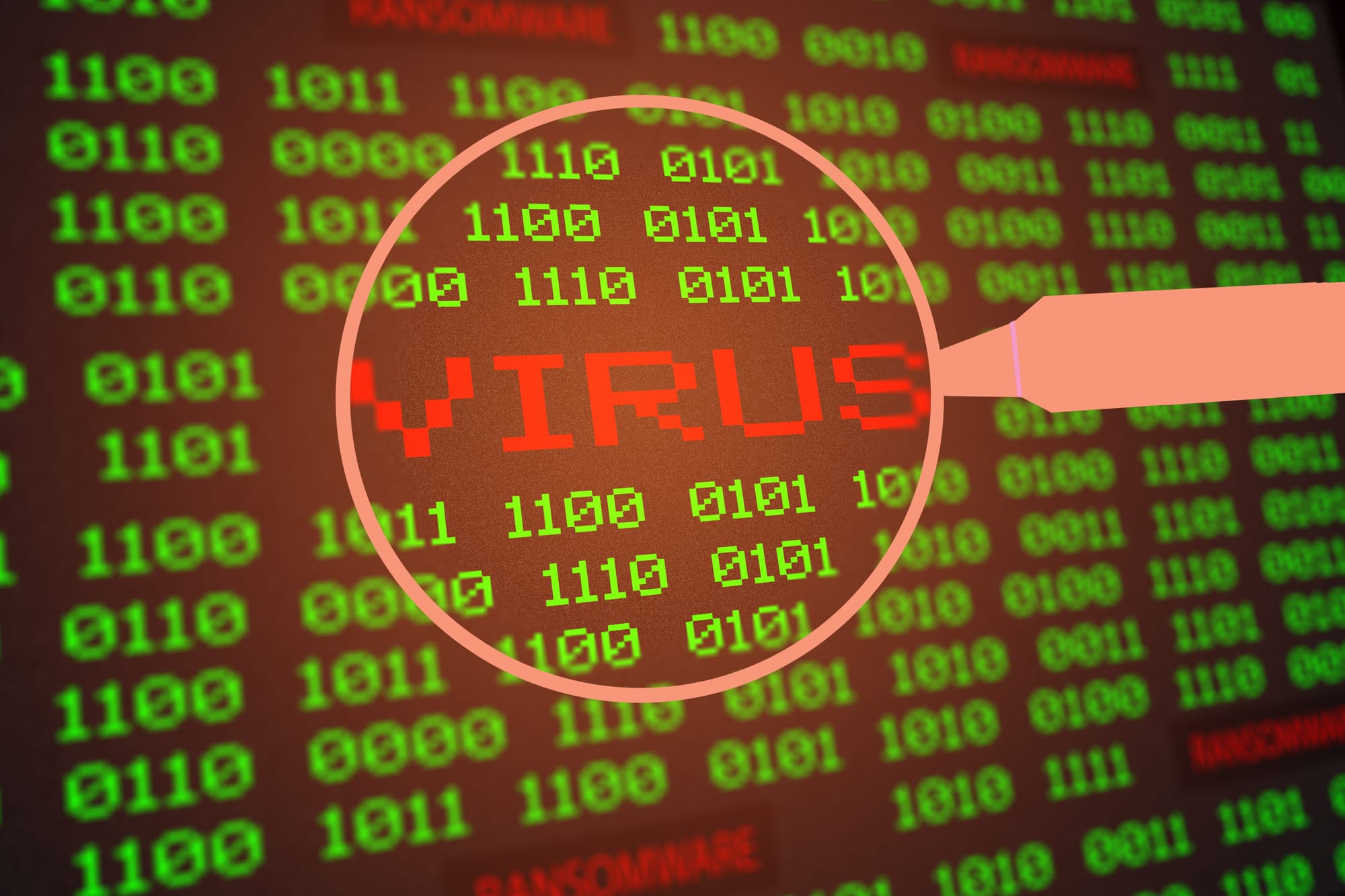Computer Virus Protection: A Comprehensive Guide to Keeping Your Computer Safe

introduction
In today's digital world, our computer is an integral part of our daily lives. We use it for work, school, communication with others, and managing our personal information. With the increase in the use of technology, the risk of cyber attacks and viruses also increases. Computer viruses can cause serious damage, steal personal information, impair computer performance, and even disrupt its use completely. In this article, we will review the various measures that can be taken to protect your computer from viruses and other cyber threats.
What is a computer virus?
A computer virus is malicious software designed to disrupt computer operations, steal information, or cause damage to computer systems. Viruses can spread in various ways, such as email attachments, downloads from untrusted websites, pirated software, and infected external devices.
Virus protection measures
- Antivirus software Antivirus software is an essential tool for protecting your computer from viruses. The software scans your computer's files, identifying and removing viruses and other malicious software. Choose a reliable antivirus software and keep it updated regularly to ensure ongoing protection.
- Operating System and Software Updates The operating system and various software on your computer are updated regularly to fix security vulnerabilities and improve performance. It is important to update your operating system and software regularly to protect your computer from being exploited by malware.
- Firewall A firewall is a tool that filters incoming and outgoing traffic from a computer, and prevents unauthorized access to the network and computer system. The firewall serves as additional protection against cyber attacks and helps prevent the penetration of viruses.
- Be careful when downloading files . Downloading files from untrusted sources can be dangerous and can lead to your computer being infected with viruses. It is important to only download files from trusted sites and to avoid downloading pirated software. It is also a good idea to scan any downloaded file with antivirus software before opening it.
- Be careful with links and emails . Phishing links and emails can lead to computer viruses or theft of personal information. Avoid clicking on suspicious links in emails or other messages, especially if they come from unknown sources.
- Installing browser extensions Browser extensions such as ad blockers and anti-phishing tools can improve your security while browsing the web. These extensions block malicious ads and dangerous links, and help prevent viruses from infecting your computer.
- Backing up data Regularly backing up your important data is another measure of protection against damage that may be caused by viruses. In the event that your computer is infected with a virus and you need to perform a system restore or delete files, you can restore the data from the backup and avoid losing important information.
- Education and Awareness It is important to know the potential dangers and be aware of the precautions to take. Learning about phishing techniques, download risks, and identifying suspicio
